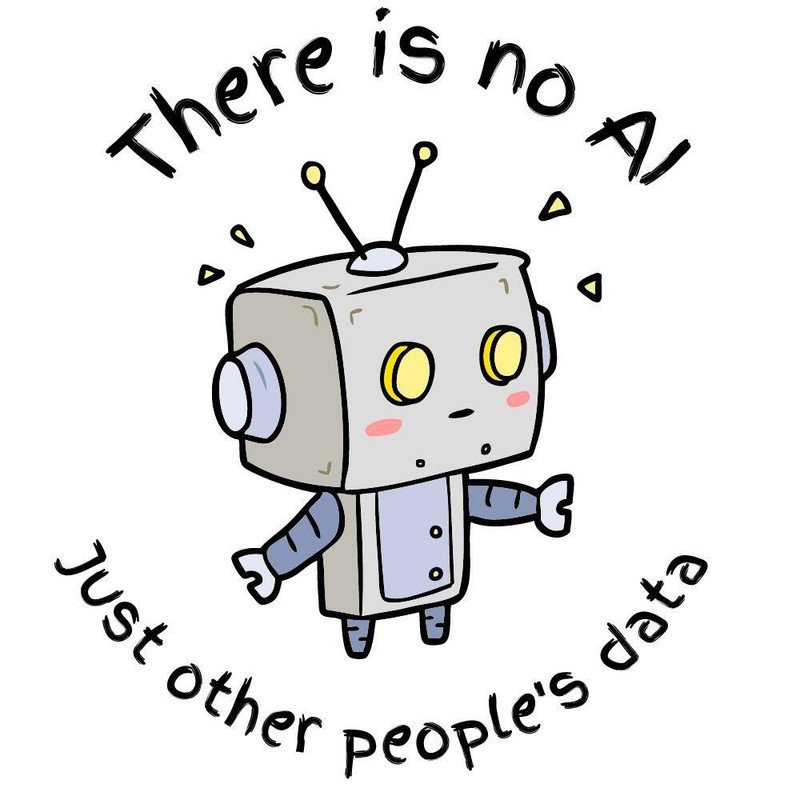For me, bitcoin and the rabbit hole it sent me down, was the first time i had really started contemplating finances and, really, what money is and how it works.
and to me, that seems a little bit fucked up, i mean, why wasn't this taught in school. I'm almost 40 and through high school, we never had any class on anything finance-related or the history of money. Nothing on interest, investments, capital devaluation etc.
now you could make the slightly conspiratorial argument that governments like it that way, just tell you that the central bank is great and teach the usual Kensyian 2% crap. but i didn't even get that.
at a minimum, they could teach a syllabus on the history of money, all the things that have been used as currency, from shells to rocks, to gold and how the bank runs led to the creation of central banks. if nothing else, it's interesting and helps understand the context of the current system.
bitcoin aside, why not teach kids about investing, risks, and asset classes, let them create dummy portfolios and track things, get hands on.
now, for context, i grew up in the Uk and the idea of currency debasement was not something people were aware of or really felt that much so there is some first-world privilege, but i still believe that schools aren't doing anything to prepare kids some seriously turbulent economic times.
literally nobody i know from my old school (normal lower to middle-class demographic) has any idea about investing or anything and nobody ever talked about it. even my parents just bought some premium bonds and my dad had some shares in some oil companies.
the funny thing is, i had a rich grandad who was into investing and property, but he never discussed it (also never helped anyone and was a textbook penny pincher and not a great person).
i have young kids now and as i have mentioned in other posts, i have already started teaching my 9-year-old about btc and pay her pocket money in sats and have explained inflation using a water being added to soup analogy. How can people just not teach kids things which play such an important role in life.
So yeah, that was my financial education, or lack off.
maybe people in the US or other countries had a different experience? what about you guys? or does a lot of it just come down to having a good person/mentor to give you solid advice in your formative years?

